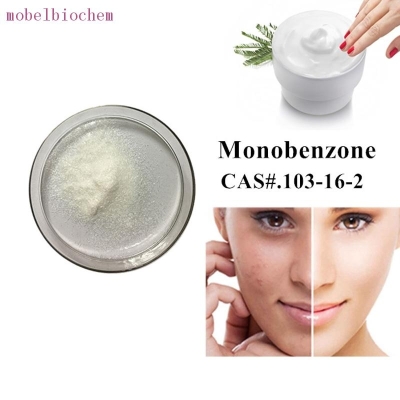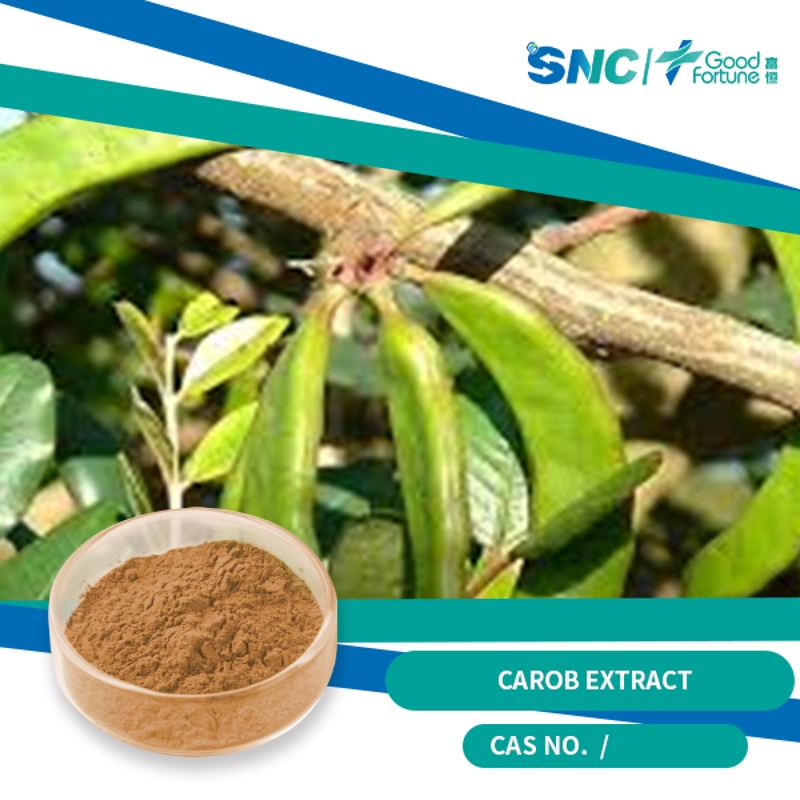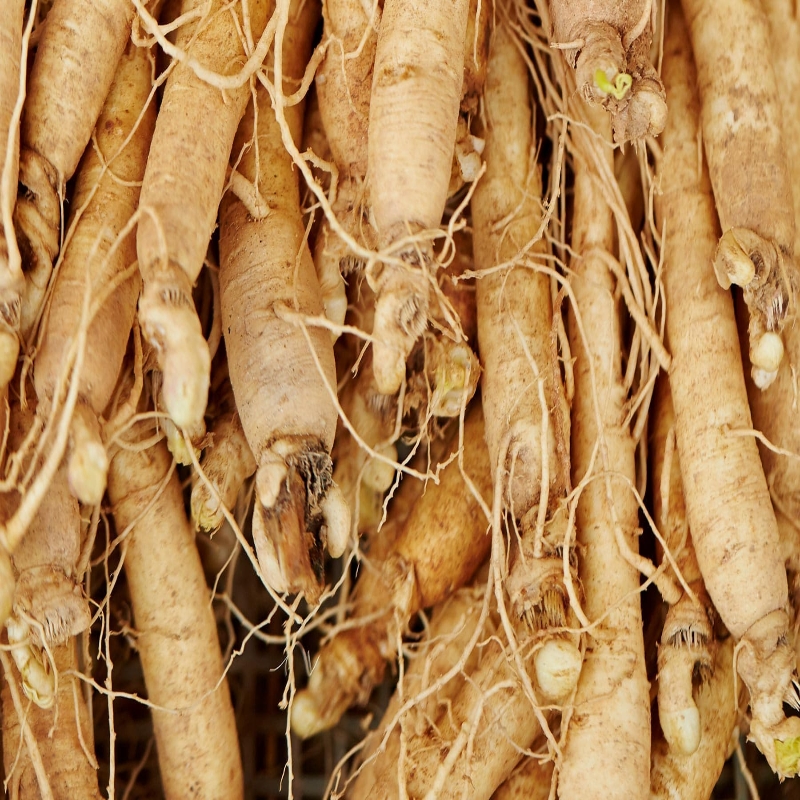-
Categories
-
Pharmaceutical Intermediates
-
Active Pharmaceutical Ingredients
-
Food Additives
- Industrial Coatings
- Agrochemicals
- Dyes and Pigments
- Surfactant
- Flavors and Fragrances
- Chemical Reagents
- Catalyst and Auxiliary
- Natural Products
- Inorganic Chemistry
-
Organic Chemistry
-
Biochemical Engineering
- Analytical Chemistry
-
Cosmetic Ingredient
- Water Treatment Chemical
-
Pharmaceutical Intermediates
Promotion
ECHEMI Mall
Wholesale
Weekly Price
Exhibition
News
-
Trade Service
The production of biopharmaceuticals in plants is currently one of the most attractive approaches to modern medicine. Several efficient plant-based expression systems have been developed so far. Among them, plastid transformation has attracted biotechnologists because the plastid genome, unlike nuclear genome, bears a number of unique advantages for plant genetic engineering. These include higher levels of protein production, uniform gene expression of transformants due to the lack of epigenetic interference, and expression of multiple genes (as in operons) from the same construct. Further, the plastid transformation technology is an environmentally friendly method because plastid and their genetic information are maternally inherited in many species with a consequent lack of transmission of plastid
DNA
by pollen. Recently, great progress has been made with plastid-based production of biopharmaceuticals demonstrating that it is a promising platform for such purposes. This chapter describes detailed protocols for plastid transformation including the delivery of DNA by biolistic method, the selection/regeneration of transplastomic plants, and the molecular analyses to select homoplasmic plants and confirm transgene expression.







